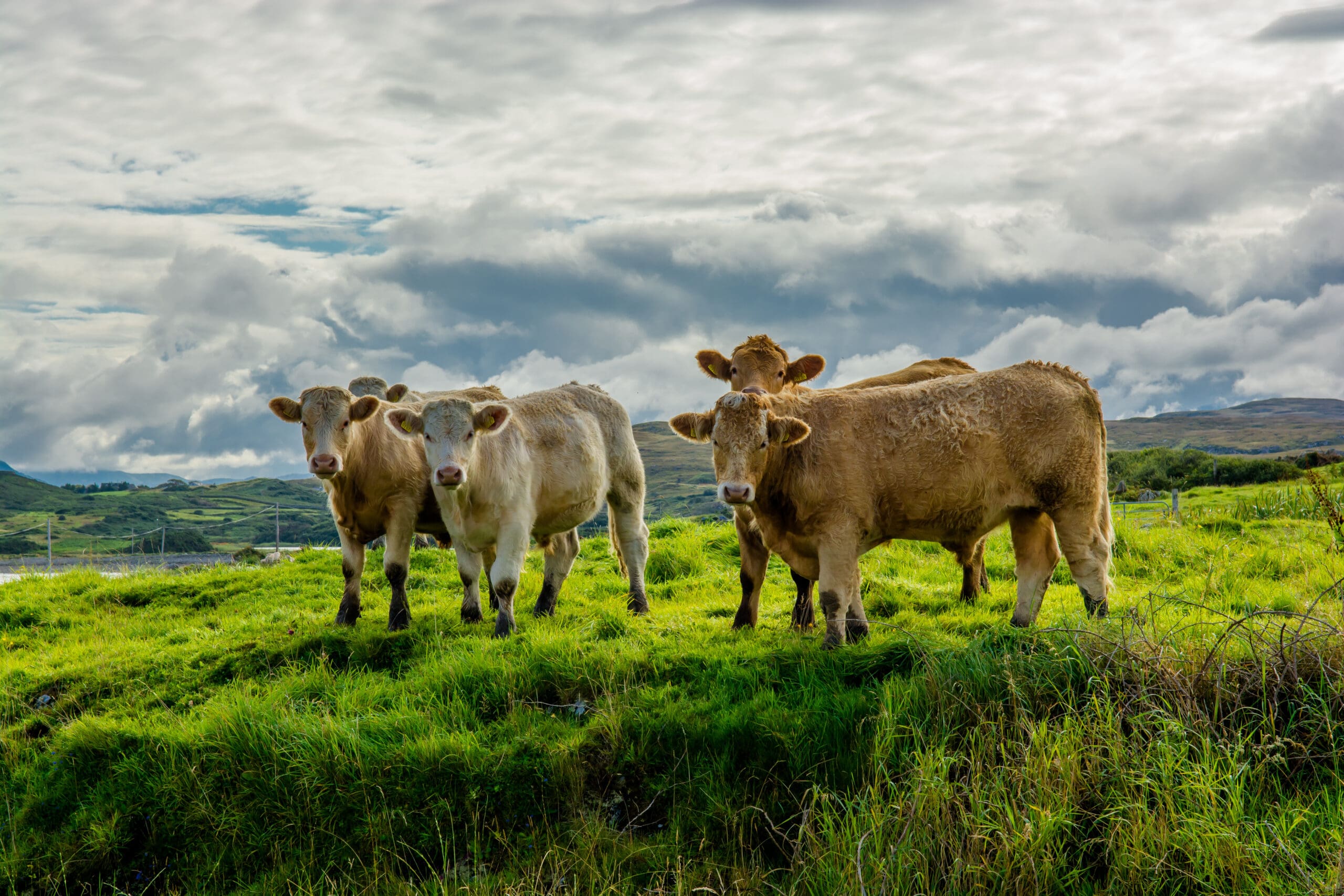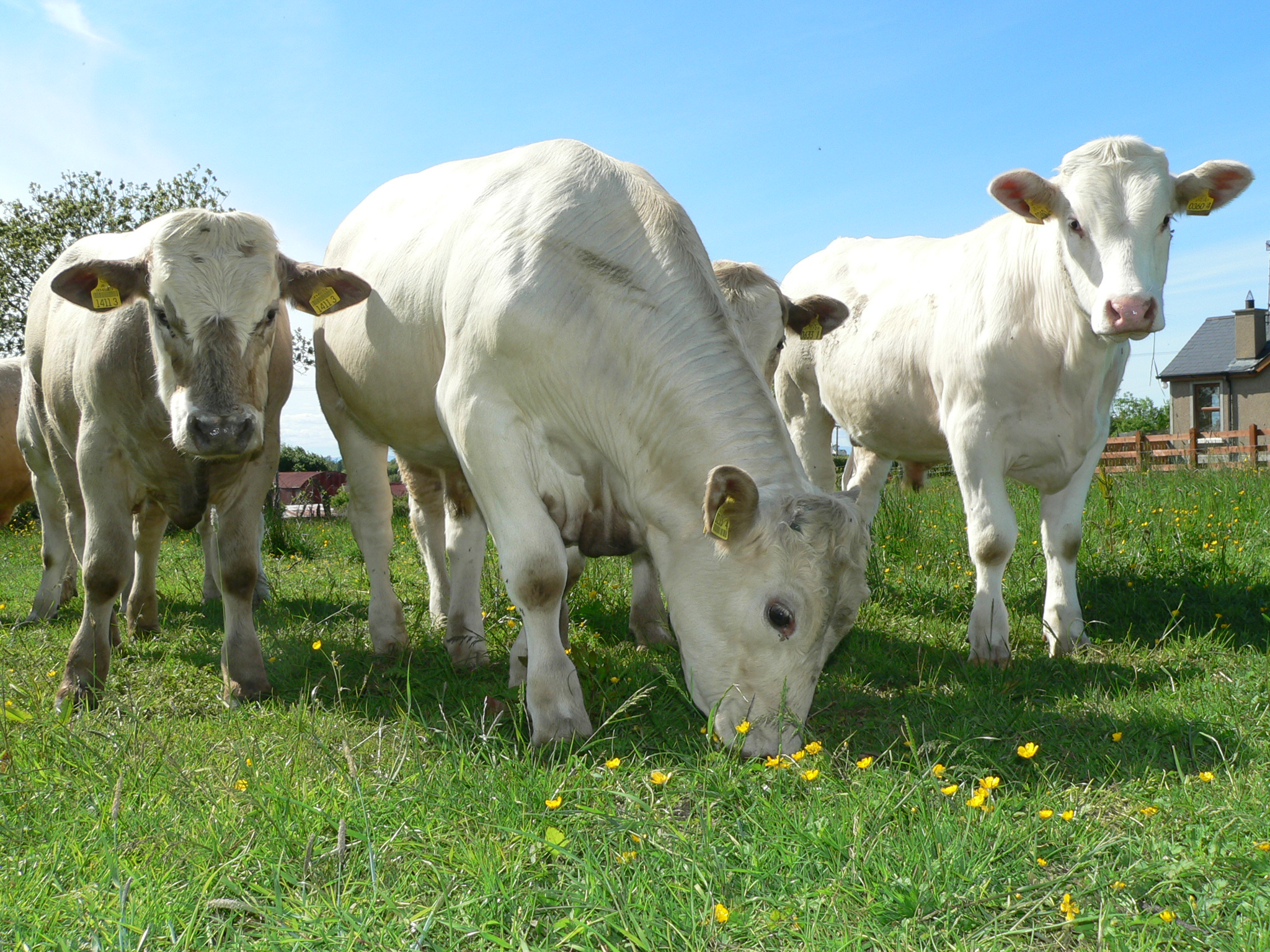
Commodity watch by policy officer David McClure
The Ulster Farmers’ Union (UFU) is urging every farmer in Northern Ireland (NI) to complete DAERA’s TB consultation which closes for comment on Friday 8 March. It will only take seconds to have your say.
The first few weeks in post for Department of Agriculture, Environment and Rural Affairs’ (DAERA) Minister Andrew Muir have now passed. By now, the magnitude of challenge that is faced by our members on a daily basis will be starting to sink in with the new Minister. However, these challenges come with great opportunity for the Alliance party MLA to make impactful change. The UFU animal health and welfare committee are hoping to capitalise on the enthusiasm of the new Minister to bring advancements in a number of areas.
Whilst there are no shortage of issues that fall under the remit of UFU’s animal health and welfare committee, the elephant in the room is undoubtedly Bovine Tuberculosis (bTB). Tackling this disease head on will be a key focus for UFU as we begin to form a working relationship with Minister Muir.
Prior to his commencement as DAERA Minister, officials working under the instructions of the NI Permanent Secretary issued a consultation on proposals to reduce the compensation (by up to 25%) which farmers receive for the removal of their cattle under the bTB programme. The proposals would return a figure of £9.3m to the public purse. This is not an insignificant amount of money, until one considers the GDP from NI cattle (and sheep) farmers is cited to be worth £2.8billion pounds. The phrase penny wise and pound foolish springs to mind.
The UFU has long since been of the view that no farmer in NI has ever received any compensation for a TB breakdown on their farm. Whilst our members are paid a market value (assessed by DAERA staff), there is no allowance for the subsequent loss in production, either in milk sales or lost progeny. Lenders in NI have recently outlined the severe impacts which a TB breakdown has on a farm’s finances. To suggest then that DAERA make moves to steal a proportion of the value of our members herds is frankly barbaric.
True savings could be sustainably brought to the programme by implementing a full suite of measures which tackle the disease head on. In the previous decades, other jurisdictions which have moved towards wildlife intervention are reporting reductions in TB breakdowns in excess of 50% after four years of intervention. Aside from the biodiversity benefits, improved cattle health and a positive effect on the mental health of the farmer, a disease eradication programme which actually aims towards eradication (rather than control) will sustainably return money to the NI Executive year after year.
Tackling bTB effectively is a key element to further improving the environmental footprint of the NI ruminant sector. Our members are already engaged with driving efficiency at all levels on farms. Currently 1,500 bovines are being culled every month. It is fair to assume that almost all of these are removed before they have reached their maximum production efficiency and as such leave a significant footprint with their early departure from herds.
Ultimately Minister Muir will have to make a judgement on how to proceed with the proposals that are currently subject to consultation. It is up to every farmer to ensure they play their part in giving a strong response to these barbaric proposals. In doing so, we can give the DAERA Minister the firm assurance that any move to devalue our animals will not be tolerated.
To respond to the consultation, follow; https://consultations2.nidirect.gov.uk/daera/cb936b03/consultation/intro/.




